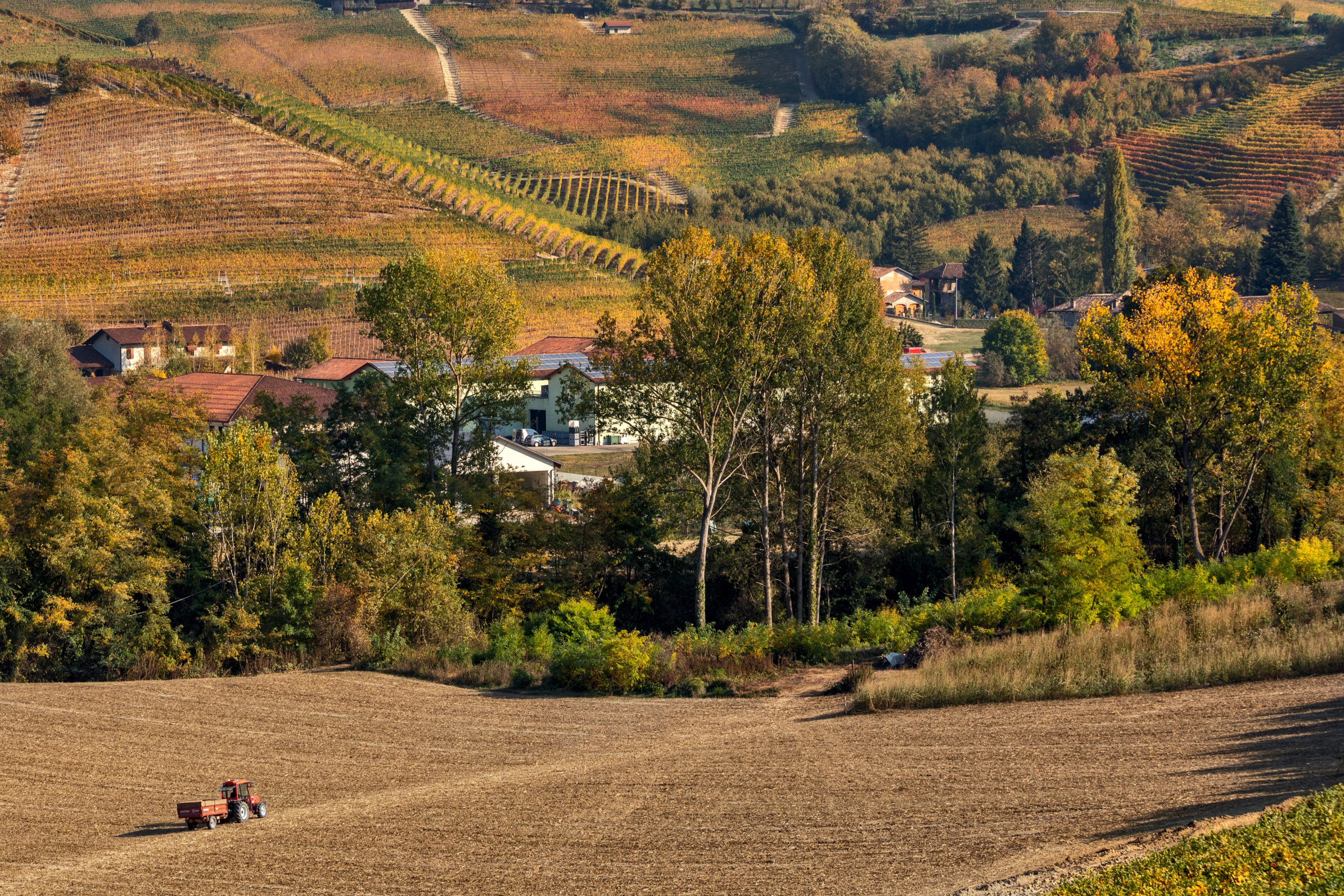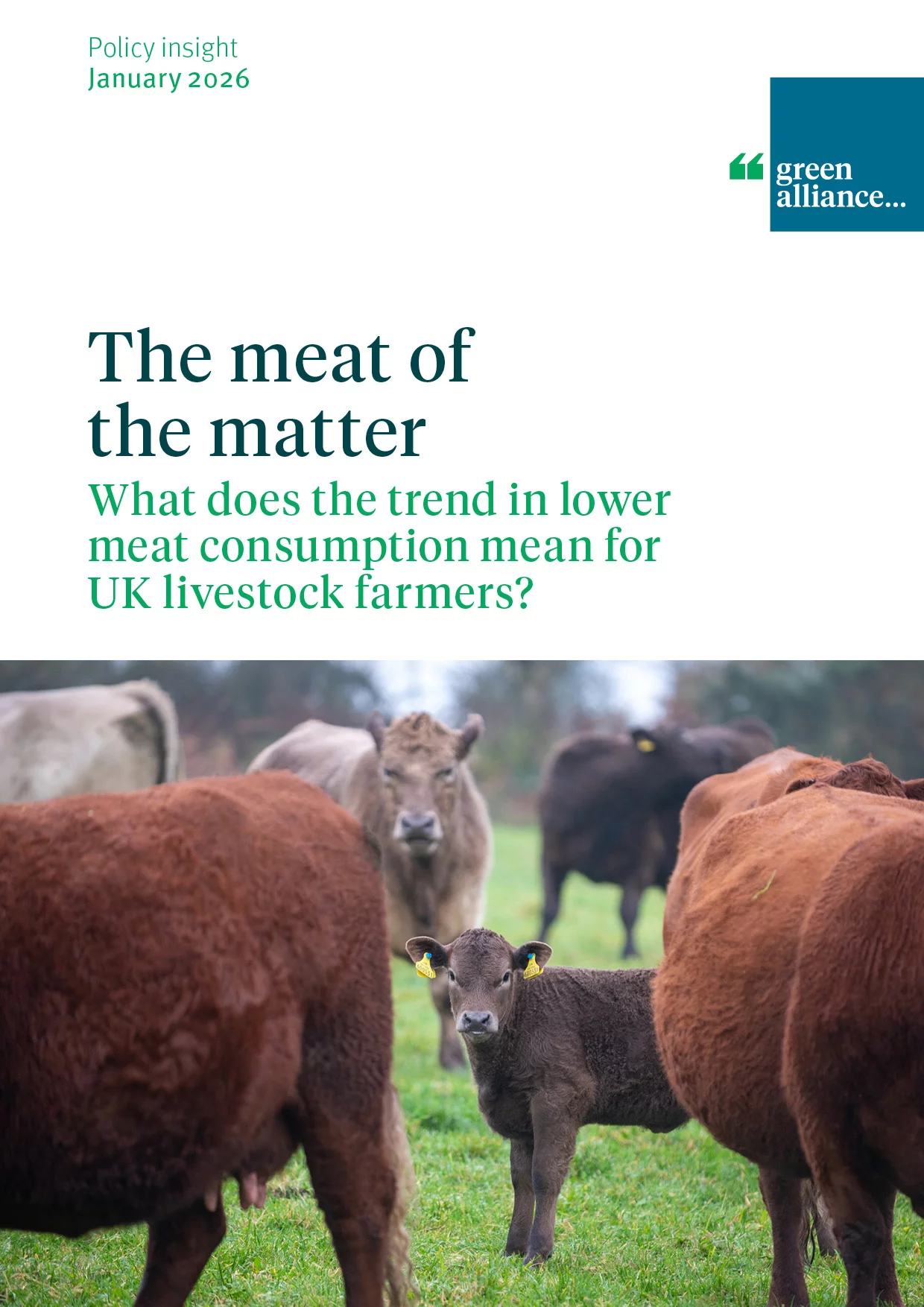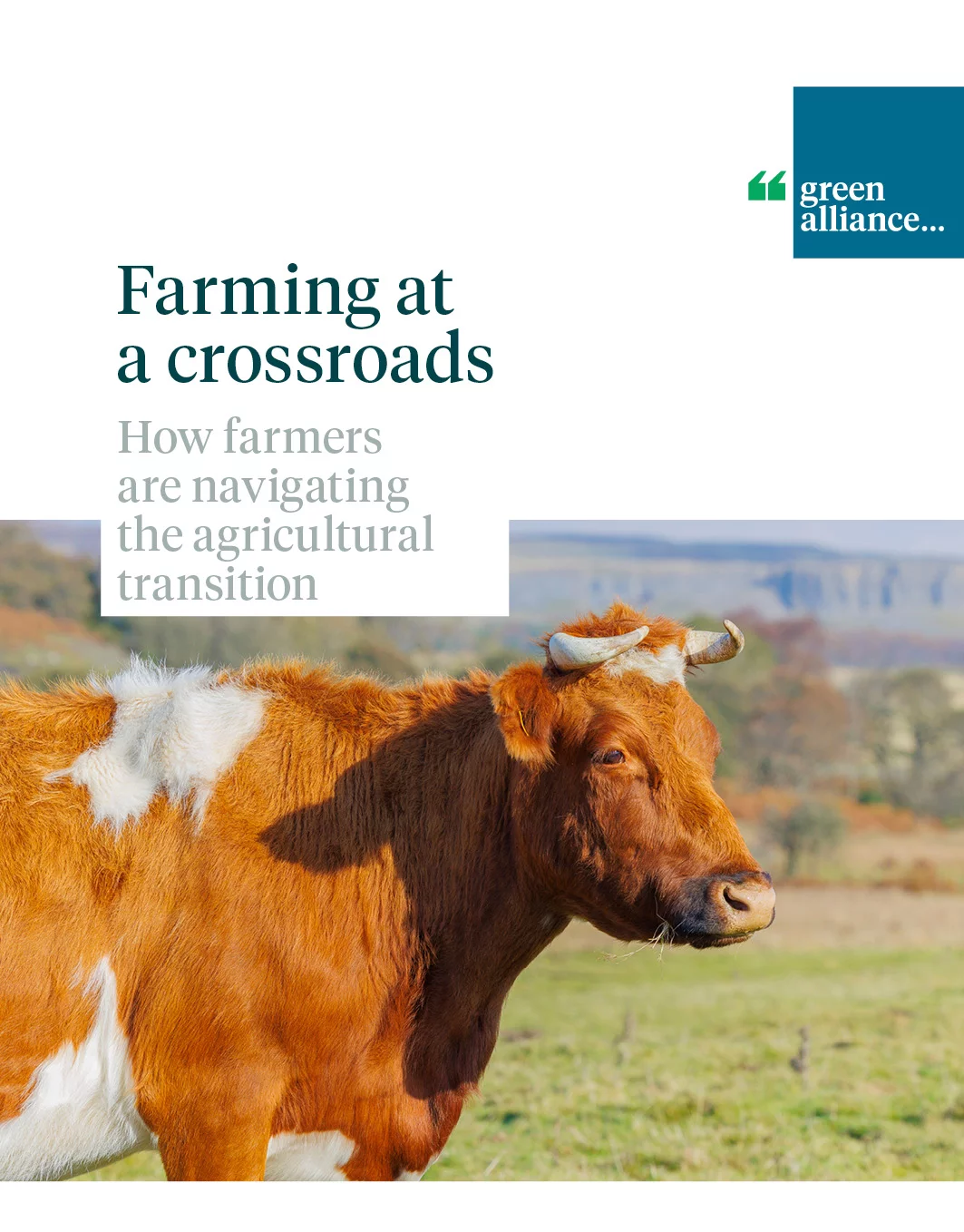Overview
Land is a finite resource: there is simply not enough of it to support current levels of consumption. Meat production is a particularly inefficient use of land, with 100 calories of grain needed to produce just 12 calories of edible chicken, 10 calories of pork or 3 calories of beef. Animal agriculture also contributes to climate change through greenhouse gas emissions, such as methane, and puts a strain on other resources such as energy and water.
Reductions in meat consumption at the pace and scale needed are unlikely to occur through a voluntary shift on behalf of consumers from meat to plant based foods, and political intervention is unpopular. Alternative proteins, however, could provide a solution. Companies are quickly developing products that cook and taste like conventional meat and dairy, using far less land, and at competitive prices. But politicians will play a key role in deciding the future of the foods, including whether public investment supports their development and if novel foods are approved for market sale.
This programme of work looks into the opportunities from scaling up alternative protein in the UK and European Union.
Reducing trade offs between food security, climate and nature

This project explored the opportunity alternative proteins provide to rethink land use in ten European countries: Denmark, France, Germany, Italy, the Netherlands, Poland, Romania, Spain, Sweden and the United Kingdom. We found that alternative proteins are a route to self-sufficiency, as being much more land efficient, far more food could be produced domestically. At the same time, space could be created to expand agroecological farming and nature restoration.
We found that under a high innovation scenario, alternative proteins could see Europe cut their reliance on land in other countries by 75%. This much greater rate of self-sufficiency could be achieved at the same time as restoring nature and reaching net zero, if political decisions support the innovation and sale of alternative proteins.
A new economic opportunity for the UK

Growing the domestic alternative proteins industry provides significant economic opportunities. Globally, the industry is expected to be worth £226 billion by 2035. The UK is well placed to capitalise on this opportunity, and already has several sources of comparative advantage, including a burgeoning domestic industry and strong science base, but without political leadership the industry will be lost to international competition. Singapore, Israel and Denmark are clearly signalling that they want to be the home of this new industry.
This report demonstrates the economic opportunities, including job creation potential, that would arise from the UK securing a share of this emerging industry. We modelled three different scenarios, ranging from business as usual to innovation with supportive regulation, and proposed a set of policy recommendations to help the industry grow while maximising public health benefits and supporting rural communities.



